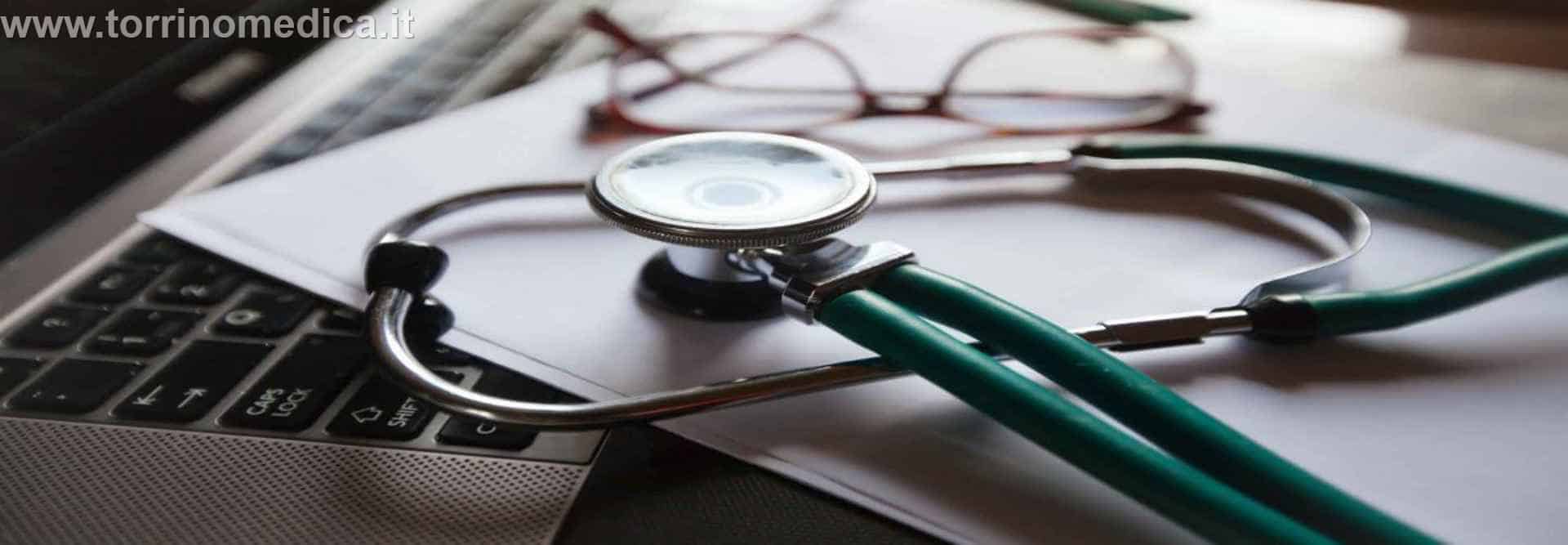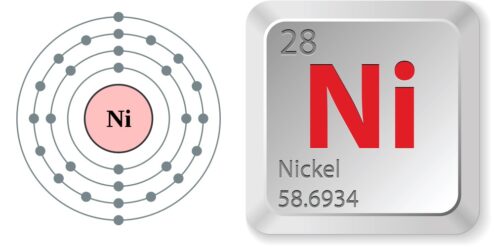Nickel is a naturally occurring, lustrous, silvery-white metallic element. It is the fifth most common element on earth and occurs extensively in the earth’s crust and core. Nickel, along with iron, is also a common element in meteorites and can even be found in small quantities in plants, animals, and seawater. While this element is incredibly useful for manufacturing, it can also be harmful if it enters the body in large amounts.
Understanding Nickel and Its Effects on the Body
Nickel is a necessary trace element in the human body, but excessive amounts can lead to nickel poisoning. This condition is characterized by a variety of symptoms, including skin rash, headache, nausea, vomiting, and difficulty breathing. Long-term exposure to high levels of nickel can lead to chronic bronchitis, reduced lung function, and increased risk of lung and nasal cancer.
Nickel primarily enters the human body through food and water, particularly in areas where the soil and water are naturally high in nickel. Occupational exposure is another common route of entry, especially in industries such as mining, smelting, welding, and casting.
Once in the body, nickel is transported to various organs and tissues via the bloodstream. The kidneys and liver are particularly vulnerable to nickel toxicity, as they play a significant role in the body’s detoxification processes.
How Does Nickel Enter Our Bodies?
Nickel can enter our bodies through various routes. The most common is through the food we eat. Certain foods, such as nuts, chocolate, and certain types of fish and shellfish, are particularly high in nickel.
In addition to food, we can also be exposed to nickel through the air we breathe. This is particularly true for people who work in industries that use nickel, such as the steel industry.
Nickel can also enter our bodies through our skin. This can happen when we come into contact with nickel-containing objects, such as jewelry, coins, and certain types of medical devices.
Finally, nickel can enter our bodies through drinking water. This is particularly true in areas where the water supply is contaminated with nickel.
Symptoms of Excessive Nickel in the Body
Excessive nickel in the body can lead to a variety of symptoms. These can range from mild to severe, depending on the amount of nickel in the body and the length of exposure.
Common symptoms of nickel poisoning include skin rash, nausea, vomiting, diarrhea, headache, and difficulty breathing. In more severe cases, nickel poisoning can lead to chest pain, rapid heartbeat, seizures, and even coma.
Long-term exposure to high levels of nickel can lead to more serious health problems. These include chronic bronchitis, reduced lung function, and an increased risk of lung and nasal cancer.
It’s important to note that not everyone who is exposed to high levels of nickel will experience these symptoms. Some people may be more susceptible to nickel poisoning than others, due to factors such as genetics, overall health, and the presence of other medical conditions.
Medical Treatments for Nickel Detoxification
If you suspect that you have been exposed to high levels of nickel, it’s important to seek medical attention immediately. Your doctor will likely begin by conducting a physical examination and asking about your symptoms. They may also order tests, such as a blood test or urine test, to measure the amount of nickel in your body.
Treatment for nickel poisoning typically involves removing the source of exposure and providing supportive care. In severe cases, hospitalization may be necessary.
In some cases, your doctor may recommend a procedure known as chelation therapy. This involves using a medication that binds to nickel in your body and helps remove it from your body.
It’s important to note that chelation therapy can have serious side effects, and it’s typically only used in severe cases of nickel poisoning.
Natural Ways to Remove Nickel from Your Body
There are also several natural ways to help remove nickel from your body. These include maintaining a healthy diet, staying hydrated, and taking certain supplements.
A healthy diet can help your body naturally detoxify itself. Foods rich in certain nutrients, such as vitamin C and zinc, can help your body remove nickel.
Staying hydrated can also help. Water helps flush toxins, including nickel, out of your body.
Certain supplements, such as activated charcoal and chlorella, can also help your body remove nickel. However, it’s important to talk to your doctor before starting any new supplement regimen.
Maintaining a Low-Nickel Diet for Prevention
One of the best ways to prevent nickel poisoning is to maintain a low-nickel diet. This means avoiding foods that are high in nickel, such as nuts, chocolate, and certain types of fish and shellfish.
It’s also a good idea to avoid cooking with stainless steel cookware, as it can leach nickel into your food. Instead, opt for cookware made from materials such as glass or ceramic.
Drinking plenty of water can also help prevent nickel poisoning. As mentioned earlier, water helps flush toxins, including nickel, out of your body.
Finally, if you work in an industry that uses nickel, it’s important to take precautions to protect yourself. This can include wearing protective clothing and using proper ventilation.
Nickel is a common element that can enter our bodies through various routes. While it’s necessary for our bodies in small amounts, excessive nickel can lead to a variety of health problems. If you suspect that you have been exposed to high levels of nickel, it’s important to seek medical attention immediately. There are also several steps you can take to help remove nickel from your body and prevent nickel poisoning.
Per approfondire:
- Nickel Toxicity: This article from the National Center for Biotechnology Information provides a comprehensive overview of nickel toxicity.
- Nickel Allergy: The Mayo Clinic provides information on nickel allergy, a common condition caused by exposure to nickel.
- Occupational Exposure to Nickel: The Centers for Disease Control and Prevention offers information on occupational exposure to nickel.
- Dietary Nickel and Human Health: This research article discusses the role of dietary nickel in human health.
- Nickel in Drinking Water: The World Health Organization provides information on the effects of nickel in drinking water.


